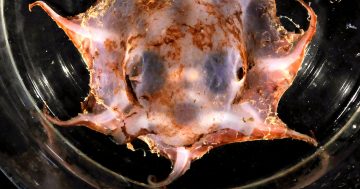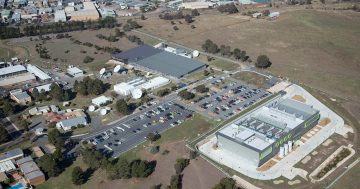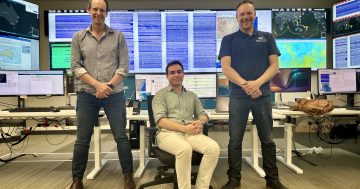 The Commonwealth Scientific and Industrial Research Organisation (CSIRO) has unveiled a powerful new radio telescope in Parkes, NSW which it says will allow astronomers to ‘hear’ a wider range of radio waves from objects in space, “opening the way to new science”.
The Commonwealth Scientific and Industrial Research Organisation (CSIRO) has unveiled a powerful new radio telescope in Parkes, NSW which it says will allow astronomers to ‘hear’ a wider range of radio waves from objects in space, “opening the way to new science”.
Astronomer at CSIRO, George Hobbs said the new equipment was a receiver, a ‘bionic ear’ for the cosmos which caught radio waves and turned them into electrical signals for astronomers to analyse.
Dr Hobbs said the $2.5 million instrument was developed by CSIRO and a consortium of Australian universities, with funding from the Australian Research Council, Germany’s Max Planck Institute for Radio-astronomy and the Chinese Academy of Sciences.
“Stars and galaxies ‘sing’ with different voices, some high, some low,” Dr Hobbs said. “It’s like a choir out there.”
He said that until now, receivers heard just one part of the choir at a time.
“This new one lets us listen to the whole choir at once,” he said.
Dr Hobbs said the new receiver covered a very wide frequency range — 700 MHz to 4 GHz and did the work of several existing receivers while also covering more frequencies.
“Parkes has been continually upgraded throughout its lifetime and is already one of the world’s most productive radio telescopes,” Dr Hobbs said.
“The telescope is now 10,000 times more sensitive than when it was built in 1961 and has found most of the known pulsars and most of the ‘fast radio bursts’ that still mystify astronomers.”
He said it had also helped reveal the nature of quasars and discovered a new spiral arm in our galaxy.
Stargazing Live on ABC TV on 22 May will feature the Parkes telescope and current research there.











